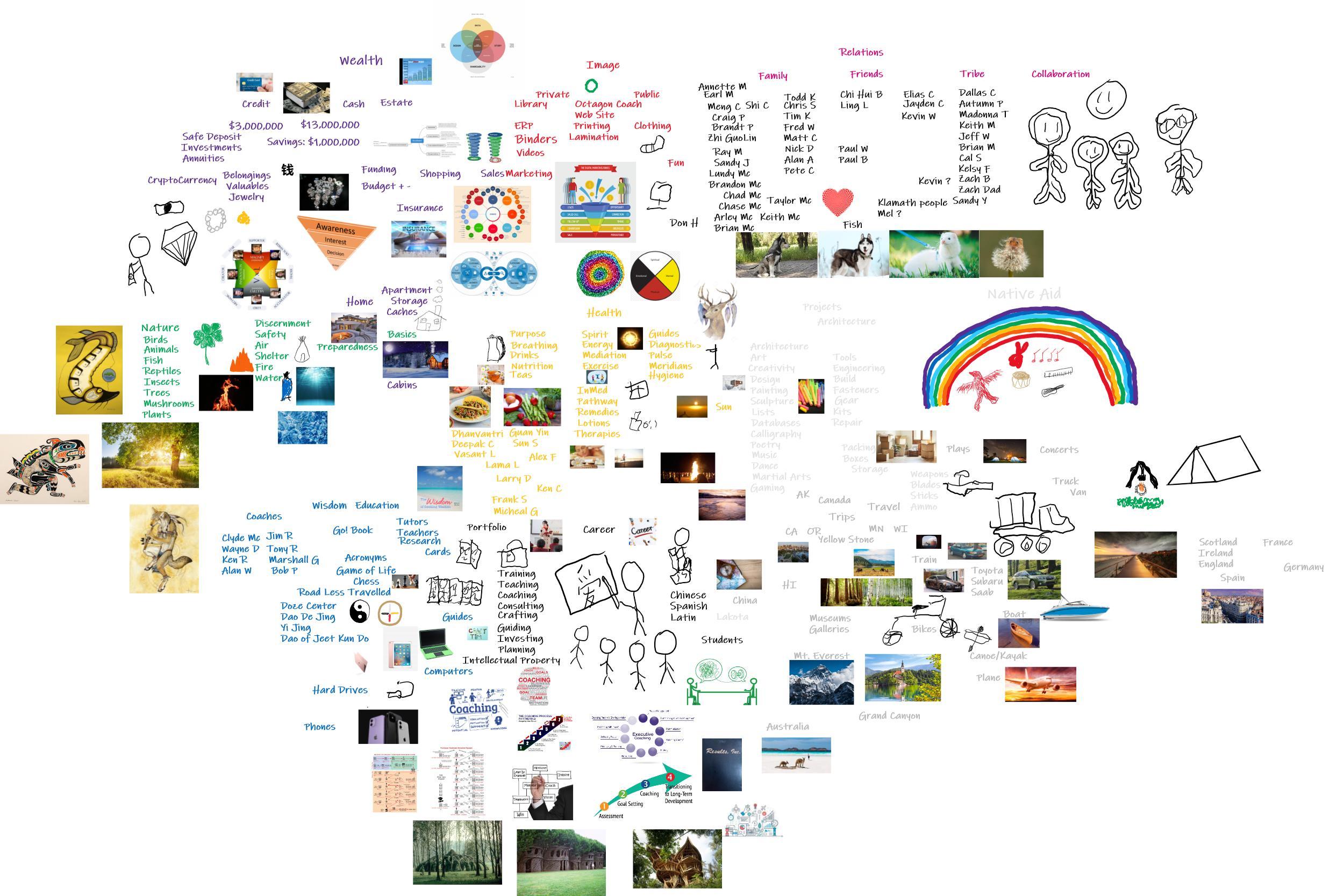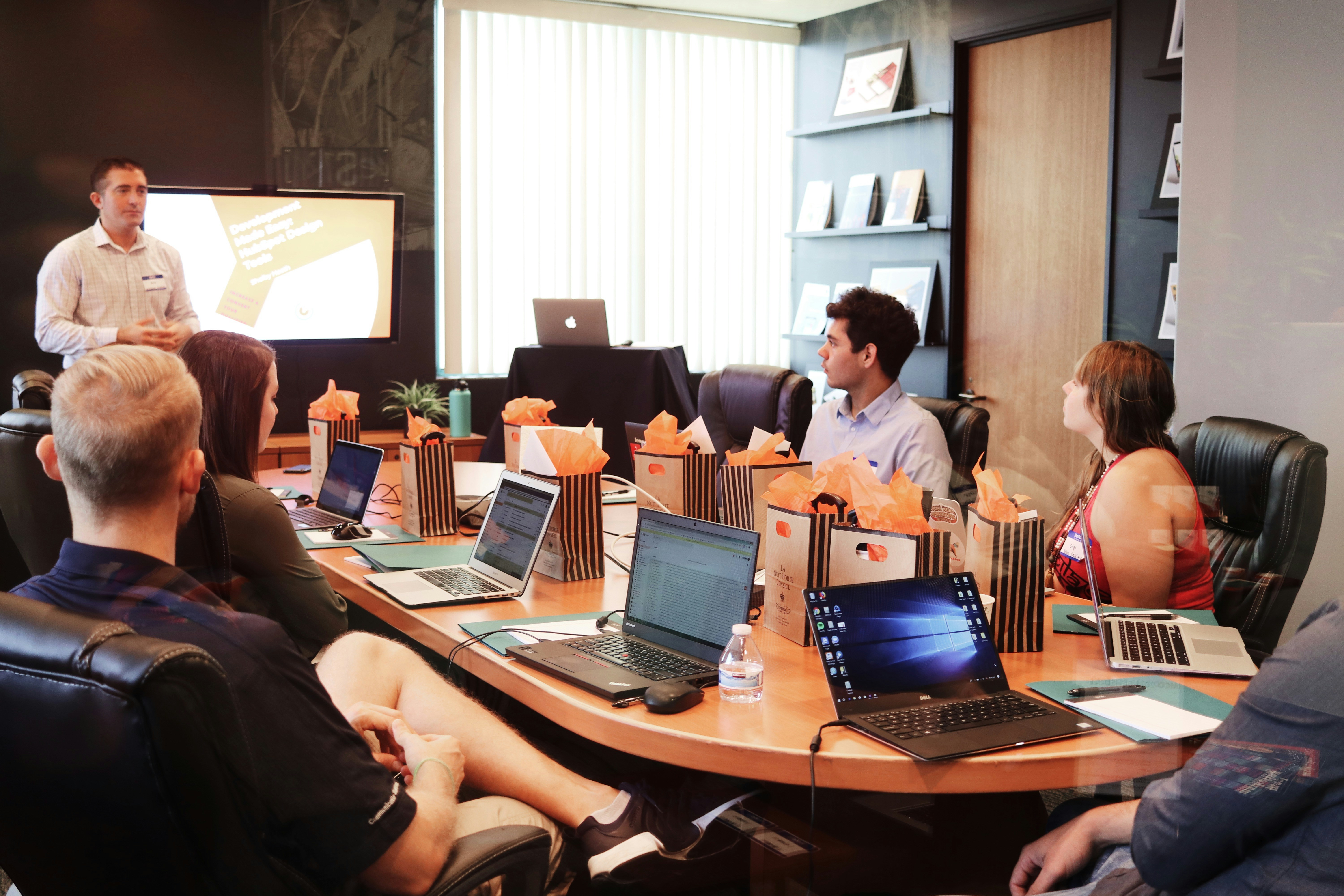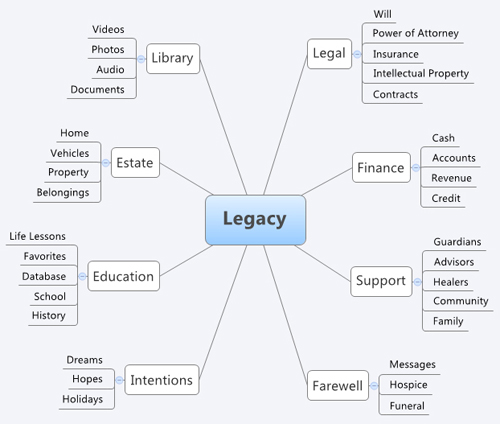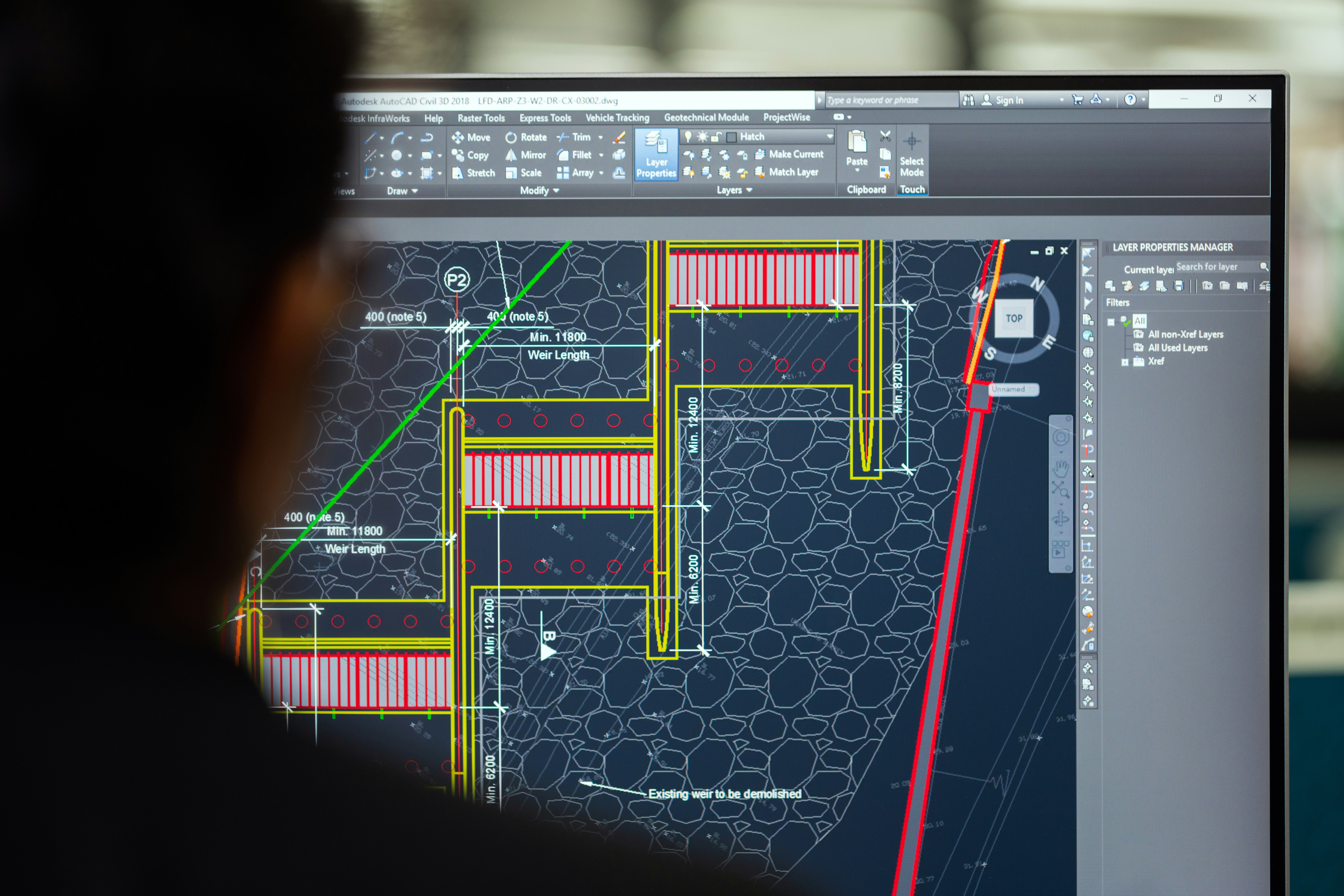Engineering Success
System Blueprint
Values
Purpose
Beliefs
Vision
Paradigms
Missions
Strategy
Objectives
Milestones
Vision Board (System Display)
Tool:
 Whiteboard Poster & Sheets.
Whiteboard Poster & Sheets.
Implementation:
- Display your Key Performance Parameters
- Include progress tracking thermometer charts
- Monthly calendar with key deadlines
- Systems-thinking quotes for motivation
Success Strategy: Allow for at least 8 hours of sleep (going to sleep at 12:00 and waking up at 8:00).
Personal Development System (Support Sub-System)
Key Performance Parameters (KPPs): Maintain at least a 3.8 GPA and get a full scholarship to graduate school.
Skills: Learning Creativity, Imagining, Relationships, Drawing, Coding, Design, Circuits, Physics, Math, Python, Public Speaking, Leveraging Time & Money.

Network Architecture: Joining the chess club, having the contact info of professors.
Relational System (External Interface Sub-System)
Stakeholder Analysis: Parents need check-ins and help; friends need gaming time; grandparents need time to chat.
Time:
50% to Health, Wealth & Wisdom;
20% to close Family, Friends & Teammates;
30% to Professors & Classmates based on priority.
Feedback Loops: Weekly check-in session with everyone; creating a master list of contacts with priority levels (1-10).
System Architecture & Implementation
4 Year Blueprint (Project Roadmap)
Tool: Objectives & Results
Implementation:
- Work backwards from your end goal
- Map your entire curriculum sequence
- Integrate milestones from your requirements
- Balance hard vs. easy semesters
Foundational Requirements
Academic System (Core Sub-System)
Objective: To become an electrical engineer fluent with designing & building systems, becoming a co-founder of my own company.
Semester ERP (Master Database)
Tool: Notion or Obsidian database.
Implementation: Create linked databases for:
- Courses: ID, Name, Professor, Credits, Syllabus, Grade Goal
- Contacts: Professors, Classmates, Mentors with tags
- Resources: YouTube channels, research papers, tutorials
- Projects & Assignments: Linked to courses with due dates
Daily/Weekly Execution System (Control System)
Tool: Physical notebook/Bullet Journal and/or digital task manager (Todoist, TickTick, Notion).
Implementation:
- Weekly Review (15 min every Sunday): Set priorities for the week
- Daily Review (5 min each morning): Identify 3-5 critical tasks
- Block time in calendar for deep work
Spaced Repetition System (Knowledge Core)
Tool: Anki with color-coded tags for different subjects.
Implementation:
- Create cards daily after each lecture
- Process cards daily (15-20 minutes)
- Use tags for different subjects (#math, #thermo, #circuits)
Stakeholder Management System
Tool: Notion or Airtable functioning as a CRM.
Implementation:
- Create a “Relationships” database with priority levels (1-5)
- Include fields for last contact and next contact dates
- Use during weekly reviews to schedule stakeholder time
Time Leverage System
Tool: Google or Outlook Calendars.
Implementation:
Integrated Learning Management System
Science Study System
Conceptual Understanding:
- Watch foundational Videos before class
- Electrical Engineering Basics
- Electronic Components
- Campus Life
- Create visual maps of how concepts connect across subjects
Problem-Solving Practice:
- Work on problems daily using spaced repetition
- Create a “problem database” with categorized challenges
Application & Integration:
- Work on projects that combine multiple disciplines
- Join engineering clubs or competition teams
- Start a technical blog to explain concepts to others
Weekly Implementation
* Wealth
* Image
* Relations
* Basics
* Health
* Projects
* Learning
* Success
* Travel
Monday to Friday
12 to 8 Sleep
8 to 9 Wake & Morning System
9 to 12 Classes & Study
12 to 1 Lunch & Social
1 to 4 Classes & Study
4 to 6 Exercise
6 to 7 Dinner & Social
7 to 9 Skills & Networking & Social
9 to 11 Preparation for Tomorrow & Light Reading & Wind Down
Saturday: Flexible day for projects, social activities, and catch-up
Sunday: Weekly Review (1 hour)
Conclusion: Systems Mindset
This system is designed to be Adaptive & Iterative. Regularly review and adjust components based on performance data and changing circumstances. The goal is not perfection but Continuous Improvement across All Areas of Your Life.
Remember: You are not just building a system for academic success, but engineering a life of Purpose, Relationships and Results that extends far beyond your college years.






















